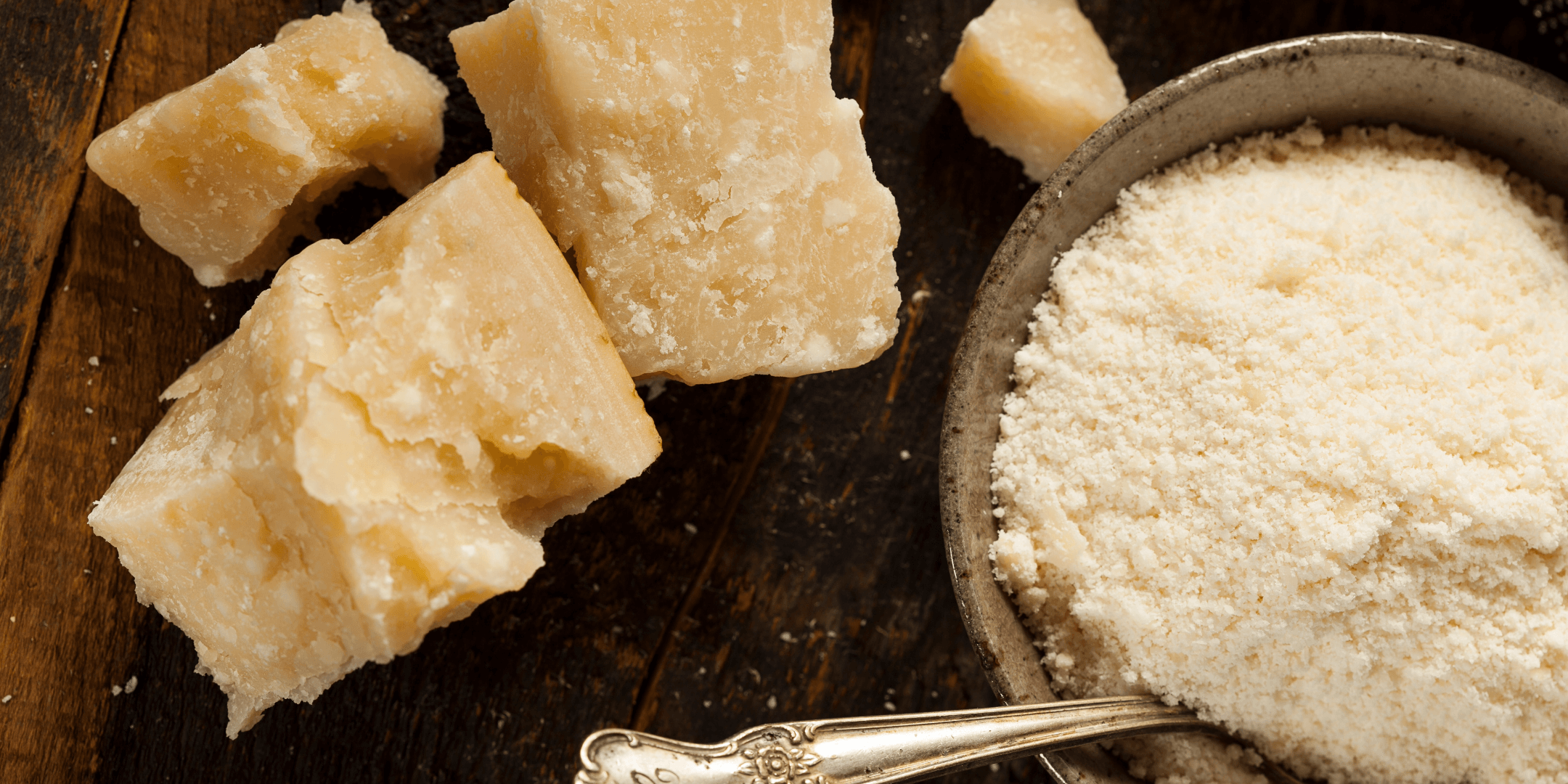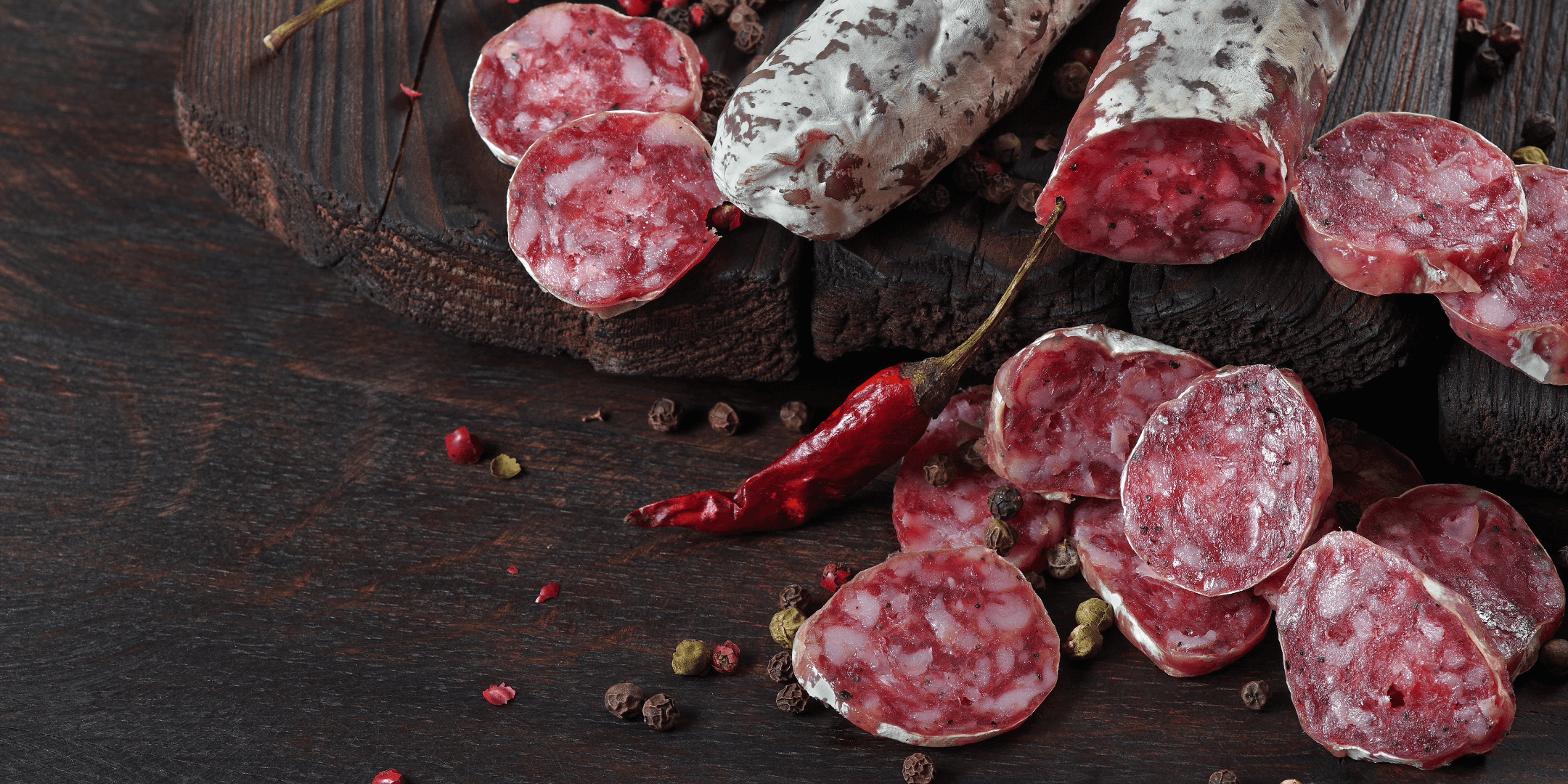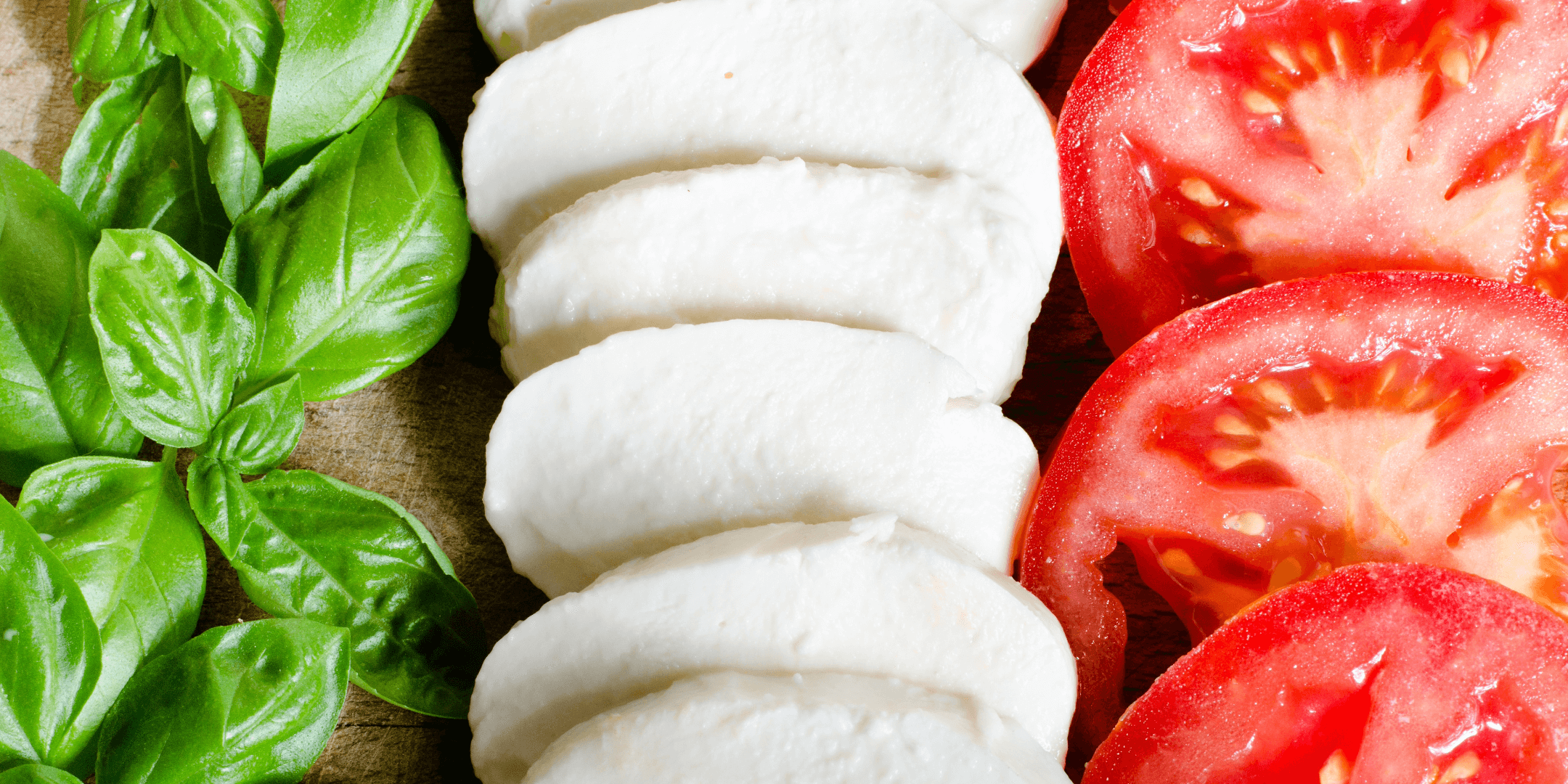Italy Takes Steps to Prohibit Lab-Grown Meat in Defence of Food Heritage
Posted by Emily on 31st Mar 2023 Reading Time:
The Italian government has supported new legislation aiming to outlaw meat cultivated in laboratories and other synthetic foodstuffs, underscoring the safeguarding of Italian culinary heritage and health.

Should the proposals be enacted, violations of the prohibition could result in penalties reaching up to €60,000 (£53,000). Francesco Lollobrigida, the head of the newly named Ministry for Agriculture and Food Sovereignty, emphasised the critical nature of Italy's culinary traditions.
The initiative has been lauded by agricultural advocates. However, it represents a setback for certain animal welfare organisations, which have identified meat produced in laboratories as a remedy for concerns encompassing the reduction of carbon emissions for environmental protection and food safety assurances.
In recent times, Coldiretti alongside other agricultural bodies, have garnered half a million signatures petitioning for the defence of "natural food versus synthetic food", a motion that has received the backing of Prime Minister Giorgia Meloni.
Addressing a Coldiretti-arranged "flash mob" outside her Rome office, she declared, "We can unequivocally rejoice with our farmers in an action that places them at the forefront, not solely concerning the defence of excellence... but also in the protection of consumers."
This prospective legislation follows closely after several governmental decrees that prohibited the utilisation of flours obtained from insects like crickets and locusts in iconic Italian dishes such as pizzas and pasta. Ministers have invoked the revered Mediterranean diet of Italy as the driving force behind both interventions.

Mr Lollobrigida, a member of the same Brothers of Italy party as the prime minister, remarked, "Products developed in laboratories do not assure quality, welfare, or the preservation of Italian culinary and viticultural culture and tradition, which are integral to our heritage."
The proposals, greenlit by ministers on Tuesday, are designed to proscribe synthetic foods formulated from animal cells without necessitating the slaughter of the animal. This would encompass lab-generated fish and artificial milk.
In a significant development last November, the US Food and Drug Administration (FDA) authorised cell-cultured chicken for human intake following a "meticulous review". Previously in 2020, Singapore sanctioned regulatory approval for the use of chicken meat grown in labs within nuggets.
To date, no requests for approval have been made to the European Food Safety Authority. However, discussions within the European Commission have proposed that agriculture based on cellular structures, such as cultured meat, "could be perceived as a pioneering and innovative resolution... for wholesome and ecologically responsible food systems."

Analysts have noted that Italy would be incapable of contesting the marketing of synthetic meat fabricated within the European Union, following its eventual approval, due to the principle of free movement of commodities and services.
The International Organization for Animal Protection (Oipa) emphasised that meat manufactured in labs, derived though it may be from animal cells, represents an "ethical substitute" that does not compromise animal welfare, environmental sustainability, or food security.
Conversely, Paolo Zanetti, leading the dairy industry association Assolatte, commended the governmental resolution. In a statement to the financial daily Il Sole 24 Ore, he described a paradox confronting milk producers. They are encouraged to channel investments into rendering their goods more ecologically sustainable, whilst simultaneously, "investors devoid of ethical considerations" are advocating for a product far removed from natural, "under the guise of environmental preservation".

